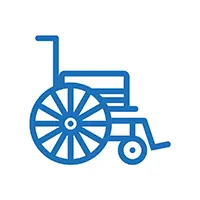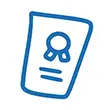Published 10 March 2023
Media release New resource for parents of children with rare disorders welcomed.
The Paediatric Society of New Zealand/Te Kāhui Mātai Arotamariki o Aotearoa welcomes the publication of a parent and caregivers guide for children newly diagnosed with a rare disorder, launched at Government House yesterday.
The booklet, produced by Rare Disorders New Zealand (RDNZ) is available online www.raredisorders.org.nz/patient-support/parent-and-caregiver-guide and provides advice to parents and caregivers on how to navigate the path of caring for their tamariki with a rare disorder.
The launch also marks the beginning of Rare Disorders Month, a month-long campaign run by RDNZ to raise awareness amongst the general public and decision-makers about rare disorders and their impact on patients’ lives.
Wellington paediatrician, Dr Andrew Marshall, who attended the launch says, “It is really helpful to have a resource to offer to parents and caregivers who have recently been told their child has been diagnosed with a rare disorder, to guide them through those initial stages of coming to terms with a diagnosis.”
“It can be a very emotional time for parents to be told their pēpi or tamariki has a rare disorder. While each condition is individually rare, there are a lot of commonalities in terms of the challenges the tamariki and their whānau will be dealing with, and also the support they will need. This booklet covers a range of these issues into one readily available resource.”
Around 300,000 New Zealanders live with a rare disorder, of which half are children. While there is no official definition of what is considered a rare disorder in New Zealand, the European Union defines a disease or disorder as rare when it affects less than 1 in 2000.
New Zealand lags far behind most OECD countries in supporting people living with rare disorders and has no government or health system policy or programmes specific to this category of disorders. The Society supports RDNZ in calling on the Government to provide more support for families coping with a rare disorder diagnosis.














